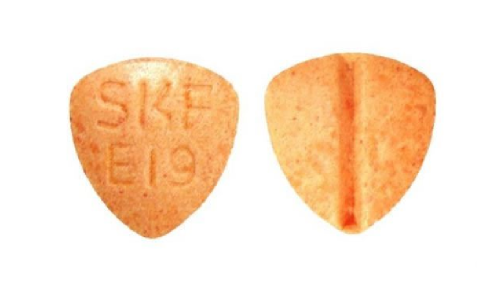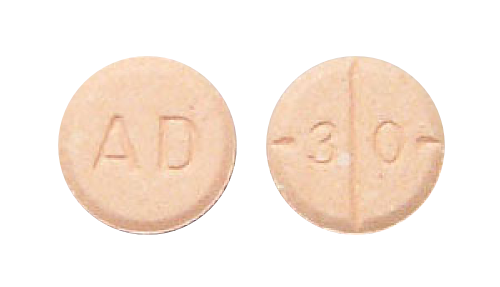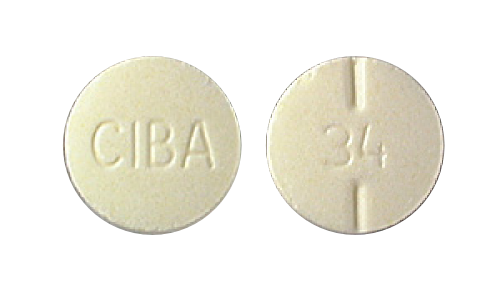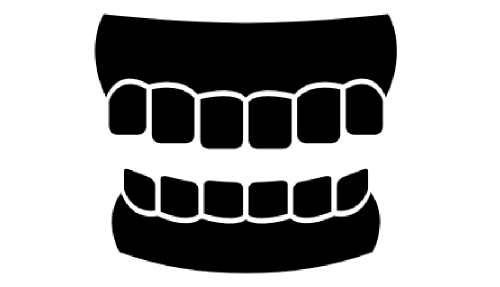Home --> Prevention Dictionary Stimulants

Prescription stimulants increase—or "stimulate"—activities and processes in the body. This increased activity can boost alertness, attention, and energy. It also can raise a person's blood pressure and make their heart beat faster.
Drugs That Fit Into This Category Include
Amphetamines: Dexedrine® and Adderall®
Methylphenidate: Ritalin® and Concerta®
What Do They Look Like?
Dexedrine

Adderall

Ritalin

Concerta
Common Street Names
Bennies, Black Beauties, Crosses, Hearts, LA Turnaround, Speed, Truck Drivers, Uppers, JIF, MPH, R-ball, Skippy, The Smart Drug, Vitamin R
Common Forms
Pills

Capsule

Liquid

Common Ways Taken
Swallowed

Snorted

Smoked

Injected

Chewed

Possible Health Effects
Short Term: Increased alertness, attention, energy; increased blood pressure and heart rate; narrowed blood vessels; increased blood sugar; opened-up breathing passages.
Long-term: Heart problems, psychosis, anger, paranoia.
Other Health-related Issues: Risk of HIV, hepatitis, and other infectious diseases from shared needles.
In Combination with Alcohol: Masks the depressant action of alcohol, increasing risk of alcohol overdose; may increase blood pressure and jitters.
Withdrawal Symptoms: Depression, tiredness, sleep problems.
Overdose Symptoms: Weakness, Shaking, Heart Rhythm Disturbances, Nausea, Vomiting, Aggression, Confusion, Seizures, Coma, Death
Treatment Options
Medications: There are no FDA-approved medications to treat stimulant addiction.
Behavioral Therapies: Behavioral therapies that have helped treat addiction to cocaine or methamphetamine may be useful in treating prescription stimulant addiction.
Sharable Media


